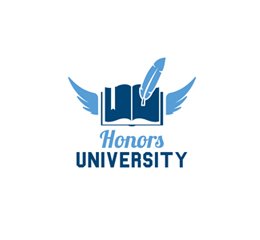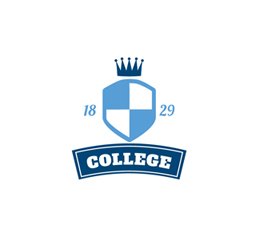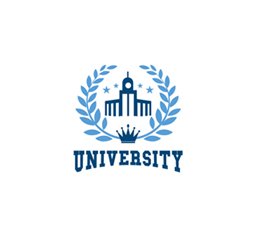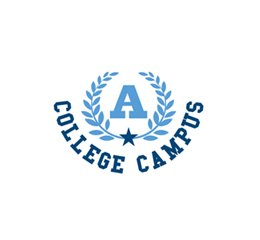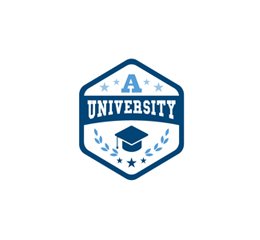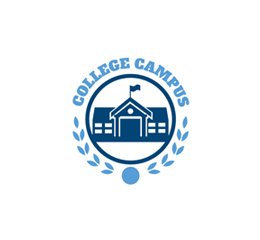In announcing Canada’s ambitious multi-year immigration levels plan in November, 2017, Immigration Minister Ahmed Hussen noted that international students and graduates are “excellent candidates for permanent residency because they have already formed an attachment to Canada. They know our country well. They speak one, if not both, of our official languages, and generally have work experience. So we have confidence that they will integrate well.” But how does this integration work in practice? Under many of Canada’s economic immigration systems and programs, international students and graduates have a clear advantage.
Study in Canada: Work After Graduation
There are many options available to you after you have completed your study in Canada program.
+ Continue your study in Canada experience and pursue advanced degrees working after graduation
+ Return home with a Canadian degree, diploma or certificate and work experience which is highly respected around the world
+ Get more work experience in Canada
Work in Canada after Graduation:
+ Qualify for Canadian permanent residence
+ Gaining more work experience in Canada after graduation can go a long way towards helping you become a Canadian permanent residence.
+ Qualified students on a Canada study visa or Canada study permit can get Canadian permanent residence under many Federal or Provincial immigration programs without leaving Canada.
720
Work Off-Campus
As an international student, you are able to work off-campus with a work permit while completing your studies
The basic structure of Canadian education is 3 Tiered
Elementary, Secondary and Post Secondary
Elementary:
Grades 1 – 6 (Nigerian equivalent is Primary 1 – 6) Semesters: September to January = First semester; January to March or April = Second semester; March or April to June = Third semester
Elementary covers the first six years of compulsory education, and the curriculum focuses on basic subjects such as mathematics, sciences, languages, social studies, physical education and introductory arts and health, which are all necessary for the child to function and be a useful member of society.
For immigrant parents with children within this age group, it is advisable to bring documents such as transcripts/report cards, course outlines, and even samples of the child’s previous schoolwork. These documents will help school staff to determine the appropriate grade to place the child.
Secondary:
Grades 7 – 12 (Nigerian equivalent is JSS 1 – SSS 3)
Age Group: 13 – 18 (approximately)
Semesters: Early September to Mid January = Fall Semester; Early February to Late June = Spring Semester
Secondary School covers the final four to six years of compulsory education. In the first years of secondary education, students take
compulsory courses, with a few options, but as they advance in the system, students are allowed more options and less compulsory courses. The hope is that by this time, students would have had a good idea of where their interests lay and what their strengths are and start to focus on those. This also prepares them for the job market and makes them more suited to meet the differing entrance requirements of post secondary institutions. When students complete the requisite number of compulsory and optional courses, they are awarded a secondary school diploma.
For students who are good with their hands and would rather pursue a vocational career, vocational programs are offered in most secondary schools. If there are no facilities for that at the school, technical and vocational programs will be offered at a separate dedicated vocational training centre.
Post Secondary:
Qualification Awarded: Certificates, Diplomas, Full Bachelor degrees
Typical Age: 18 – 24 (Depends on the individual)
Semesters: Early September to late December = Fall Semester; Early January to
Mid/Late April = Winter Semester; May/June to August = Summer Semester
After secondary school, students can attend either vocational schools, colleges or universities. At a university they will earn a
Bachelor’s degree first, (which usually takes three to four years, depending on the student and the part of Canada where the school is
situated). The student can continue studies to obtain a Master’s degree (which usually takes two years to complete). Some go on to pursue a
doctorate degree (which takes between 3 to 5 years).
Canada has over 10,000 post secondary degree, diploma and certificate programs. This means that students are not pigeon-holed into
conventional courses; instead they have the opportunity to study courses that they are actually interested in and are inclined towards. International students are entitled to a work permit visa upon graduation from University or College, and can work in Canada for three years. However, after one year of working, those students can apply to become Canadian Permanent Residents under the Canadian experience class.
Documents Required for Admission Processing:
Admission requirements depend on the school
that is being applied to, and are usually program-specific. However, the
following is a general list of requirements for undergraduate and post
graduate applications:
Undergraduate Applications
-
WAEC/NECO result (with at least six credits including English and Math) + scratch card
-
Duly completed application form
-
International Passport data page or a copy of student’s birth certificate
-
SSS1 – SSS3 transcripts (not all schools require this)
-
IELTS [academic] results (selected schools)
-
2 recent passport-sized photographs
Post graduate Applications
-
WAEC/NECO results + scratch card
-
Degree certificate or statement of results
-
University transcripts
-
Duly completed application form
-
Post-secondary qualifications (if applicable)
-
Curriculum vitae showing history of work experience (if applicable)
-
Statement of purpose/letter of intent
-
Reference letters
Our Partner Institutions
Meet our university and organisation partners. We have university partner in more than 10 countries around the world.
